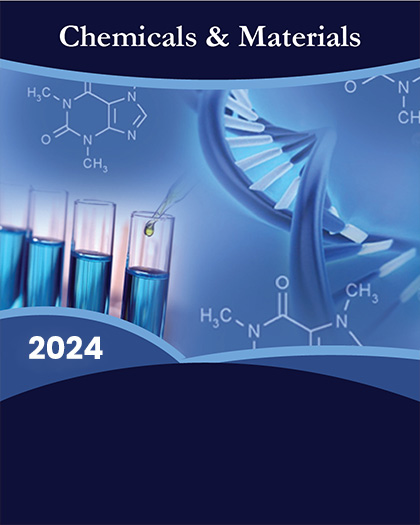
Global Silicone Potting Compounds Market is valued approximately at USD 1.08 billion in 2023 and is anticipated to grow with a healthy growth rate of more than 3.92 % over the forecast period 2024-2032. Potting is a vital process in electronics manufacturing, involving the encapsulation of electronic assemblies or components with solid compounds to protect them from environmental hazards. Silicone potting compounds are preferred due to their excellent thermal stability, electrical properties, shock resistance, and moisture resistance. These compounds are widely used across various sectors including electrical & electronics, aerospace, automotive, industrial, energy & power, marine, and solar power industries.
The burgeoning consumer electronics sector is a significant driver for the silicone potting compounds market. Thermally conductive potting compounds facilitate effective heat dissipation, crucial for electronic devices. Additionally, the compounds offer excellent electrical insulation, minimal shrinkage, thermal shock resistance, and thermal expansion. UV cured silicone potting compounds are particularly advantageous due to their rapid curing time, high electrical insulation, and robust bond strength, making them suitable for a wide range of electronic applications. For instance, NOVAGARD Silicones UV cured compounds can cure in seconds with minimal energy consumption. However, the availability of cost-effective alternatives like epoxy resin and polyurethanes may hinder market growth. On the other hand, the growing demand for electric vehicles presents lucrative opportunities for the silicone potting compounds market, given their wide operating temperature range, shock absorption, and moisture resistance.
The key region in the Global Silicone Potting Compounds Market includes North America, Europe, Asia Pacific, Latin America, and Middle East & Africa. In 2023, the Asia-Pacific region held the largest share in the silicone potting compounds market and expected to witness highest CAGR during the forecast period 2024-2032. This growth is driven by its booming electronics and automotive industries. Countries like China, Japan, and South Korea are major hubs for electronics manufacturing, where silicone potting compounds are essential for protecting sensitive components from environmental stressors. The rapid growth of electric vehicles (EVs) in the region also contributes significantly to market demand, as these compounds are crucial for ensuring the durability and reliability of electronic assemblies in EVs. Additionally, the presence of numerous silicone manufacturers and ongoing investments in industrial development further bolster the market. The region's focus on technological advancements and robust manufacturing infrastructure cements its leading position in the global silicone potting compounds market.
Major market players included in this report are:
Henkel AG & Co. KGaA
Dow Silicon Corporation
Novagard Solutions
LORD Corporation
ELANTAS GmbH
Master Bond Inc.
MG Chemicals
Dymax Corporation
CHT Silicones
Hernon Manufacturing Inc.
The detailed segments and sub-segment of the market are explained below:
By Curing Technique
UV Curing
Thermal Curing
Room Temperature Curing
By Application
Surface Mount Packages
Beam Bonded Components
Memory Devices & Microprocessors
Capacitors
Transformers
Cable Joints
Industrial Magnets
Solenoids
Others
By End User
Electronics
Aerospace
Automotive
Industrial
Others
By Region:
North America
U.S.
Canada
Europe
UK
Germany
France
Spain
Italy
ROE
Asia Pacific
China
India
Japan
Australia
South Korea
RoAPAC
Latin America
Brazil
Mexico
Rest of Latin America
Middle East & Africa
Saudi Arabia
South Africa
RoMEA
Years considered for the study are as follows:
Historical year - 2022
Base year - 2023
Forecast period - 2024 to 2032
Key Takeaways:
Market Estimates & Forecast for 10 years from 2022 to 2032.
Annualized revenues and regional level analysis for each market segment.
Detailed analysis of geographical landscape with country-level analysis of major regions.
Competitive landscape with information on major players in the market.
Analysis of key business strategies and recommendations on future market approach.
Analysis of competitive structure of the market.
Demand-side and supply-side analysis of the market.
























